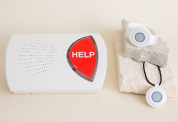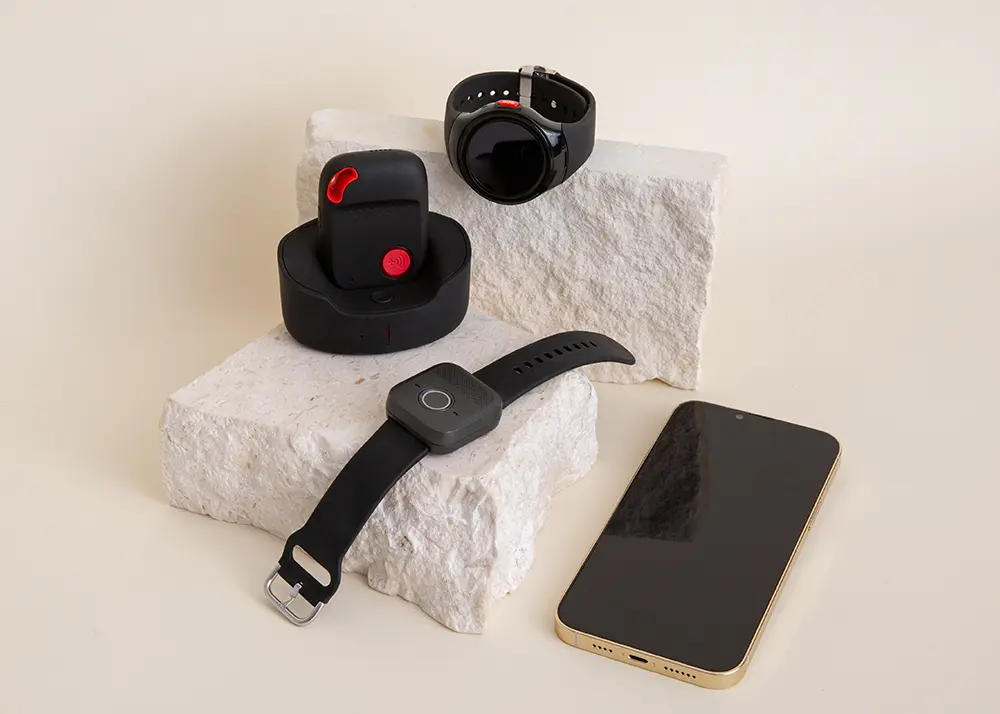Senior Hearing Loss: How To Recognize & Cope With It
May 6, 2017
Who would have thought that the Woodstock generation would now be out pricing hearing aids? Their elders at the time warned them about that “loud rock and roll” and predicted that loud music would damage their hearing. Turns out, they were… wrong! Studies show that Boomers as a group have less hearing impairment than previous generations. Unfortunately, age inexorably takes its toll. Researchers estimate that 20-40% of people over experience senior hearing loss.
How to Recognize Hearing Loss
Because senior hearing loss happens gradually, most people affected don’t really notice it –at first. It’s no big deal to turn up the TV a little bit at a time, after all. But it’s a big deal to the family members and neighbors who have to hear it too! Most people get their hearing checked at the suggestion of friends and family members, only realizing in retrospect that they were having problems.
The Mayo Clinic lists these common symptoms of senior hearing loss:
- Muffling of speech and other sounds
- Difficulty understanding words, especially against background noise or in a crowd of people
- Trouble hearing consonants
- Frequently asking others to speak more slowly, clearly and loudly
- Needing to turn up the volume of the television or radio
- Withdrawal from conversations
- Avoidance of some social settings
The most common reaction to hearing loss is to ignore the problem. That’s a bad plan because sound is a vital part of daily life. People with untreated hearing loss may experience social isolation and depression:
Older adults who are hard of hearing often report that when their hearing loss causes communication problems, it can result in difficulty thinking or concentrating. This results in inattentiveness, distraction, and boredom. The most serious consequence is withdrawal or abandoning participation. The resultant self-talk is predictable: “I can’t participate, so I might as well pack it in. I can’t contribute, so what good am I?”
Coping with Senior Hearing Loss
Seniors with hearing loss often need more than a hearing aid – assuming they can afford one. Hearing aids aren’t covered by Medicare and costs often exceed $1,000. This fact sheet/checklist from the Hearing Loss Association of America can help you purchase the right hearing aid.
Hearing assistive technologies help people with hearing problems enjoy activities. Many churches, movie theatres, and event centers have assistive listening systems available. Also, investigate options for phone amplification and caption systems.
If you or a family member is experiencing senior hearing loss, these tips will help friends and family keep everyone “in the loop” during conversation and group activities.
- Speak clearly and slowly, but don’t shout.
- Look directly the person you’re talking with; non-verbal communication from facial expressions, etc. is more important than people realize.
- Avoid places with a lot of background noise.
- Be respectful: talk with the person, not about him/her to other people.
- Keep a sense of humor and be patient.
Hearing loss can make communication more difficult and slow reaction times in an emergency – what if someone can’t hear the smoke alarm? A home medical life alert system from Bay Alarm Medical can help someone call for help quickly. Just push the button, and operators dispatch emergency personnel and even call family members. No straining to hear on the phone or delays in providing health information. Contact us for all information on medical alert systems.






